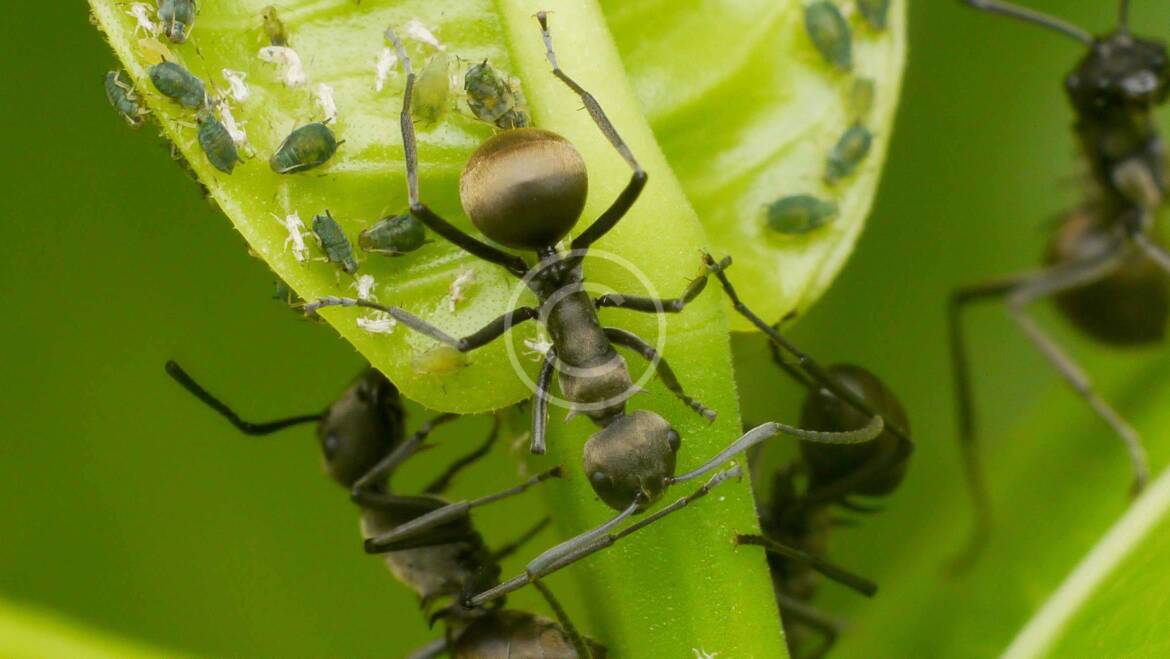Evicting dangerous insects from your home involves a combination of cleaning, preventive measures, and, if necessary, targeted insect control methods. Here are general steps you can take:
1. Identify the Insects:
- Research: Identify the specific type of dangerous insects present in your home. Different insects may require different eviction strategies.
2. Maintain Cleanliness:
- Regular Cleaning: Keep your home clean by vacuuming, sweeping, and mopping regularly.
- Food Storage: Store food in sealed containers to eliminate potential food sources for insects.
3. Remove Clutter:
- Reduce Hiding Places: Declutter your home to eliminate hiding spots for insects.
- Seal Boxes: If you store items in cardboard boxes, tape them shut to minimize hiding spaces.
4. Seal Entry Points:
- Caulk and Seal: Identify and seal cracks, gaps, and holes in walls, floors, and around windows to prevent insect entry.
- Weather Stripping: Install weather stripping around doors and windows to reduce entry points.
5. Address Moisture Issues:
- Fix Leaks: Repair any plumbing leaks to eliminate water sources that attract certain insects.
- Dehumidify: Use dehumidifiers in damp areas to reduce humidity, discouraging insects that thrive in moist environments.
6. Natural Repellents:
- Essential Oils: Use essential oils like peppermint, citronella, or neem oil as natural repellents.
- Diatomaceous Earth: Sprinkle diatomaceous earth in areas where insects are active. It damages their exoskeleton, causing dehydration.
7. Insect Traps:
- Sticky Traps: Use sticky traps to capture crawling insects.
- Pheromone Traps: Some traps use pheromones to attract and capture specific types of insects.
8. Biological Control:
- Beneficial Insects: Introduce or encourage natural predators like ladybugs or predatory mites.
- Nematodes: Apply beneficial nematodes to control soil-dwelling pests in gardens.
9. Chemical Control:
- Insecticides: Use insecticides carefully and according to product instructions.
- Professional Pest Control: Consider professional pest control services for severe infestations.
10. Regular Monitoring:
- Inspect Regularly: Keep an eye out for signs of insect activity, such as droppings, eggs, or damage.
- Check Outdoor Spaces: Inspect outdoor areas, such as gardens and entry points, for signs of infestations.
11. Pet Deterrent:
- Pet Presence: Pets like cats can be natural predators of certain insects. If you have pets, their presence may help deter pests.
12. Consult Experts:
- Entomologist or Pest Control Professional: If you’re unsure about the type of dangerous insect or the most effective control methods, consult with an entomologist or hire professional pest control services.
Remember that persistence and a multi-pronged approach are often necessary for effective insect control. Tailor your strategy based on the type of insect and the severity of the infestation.

